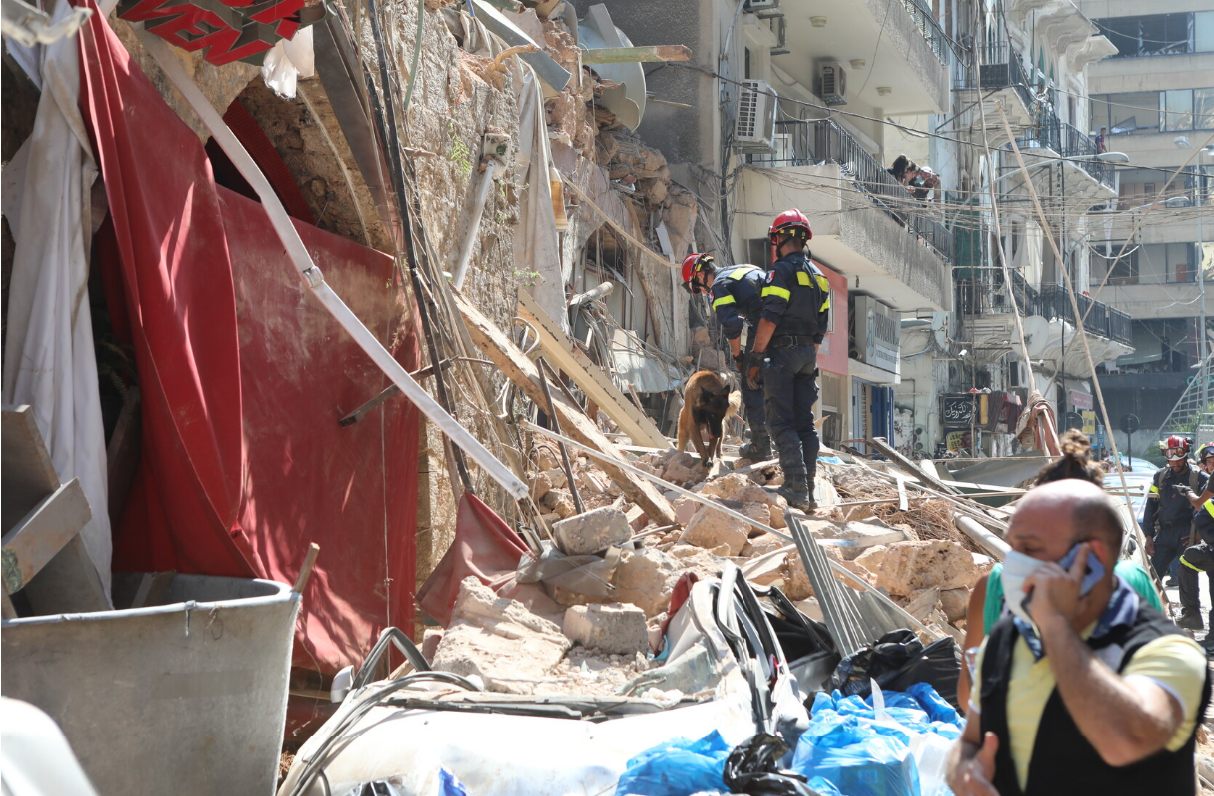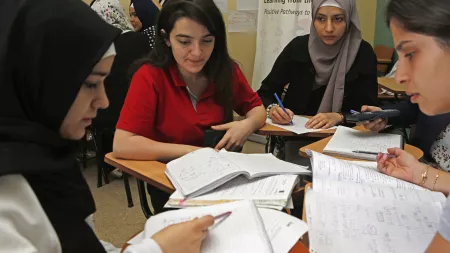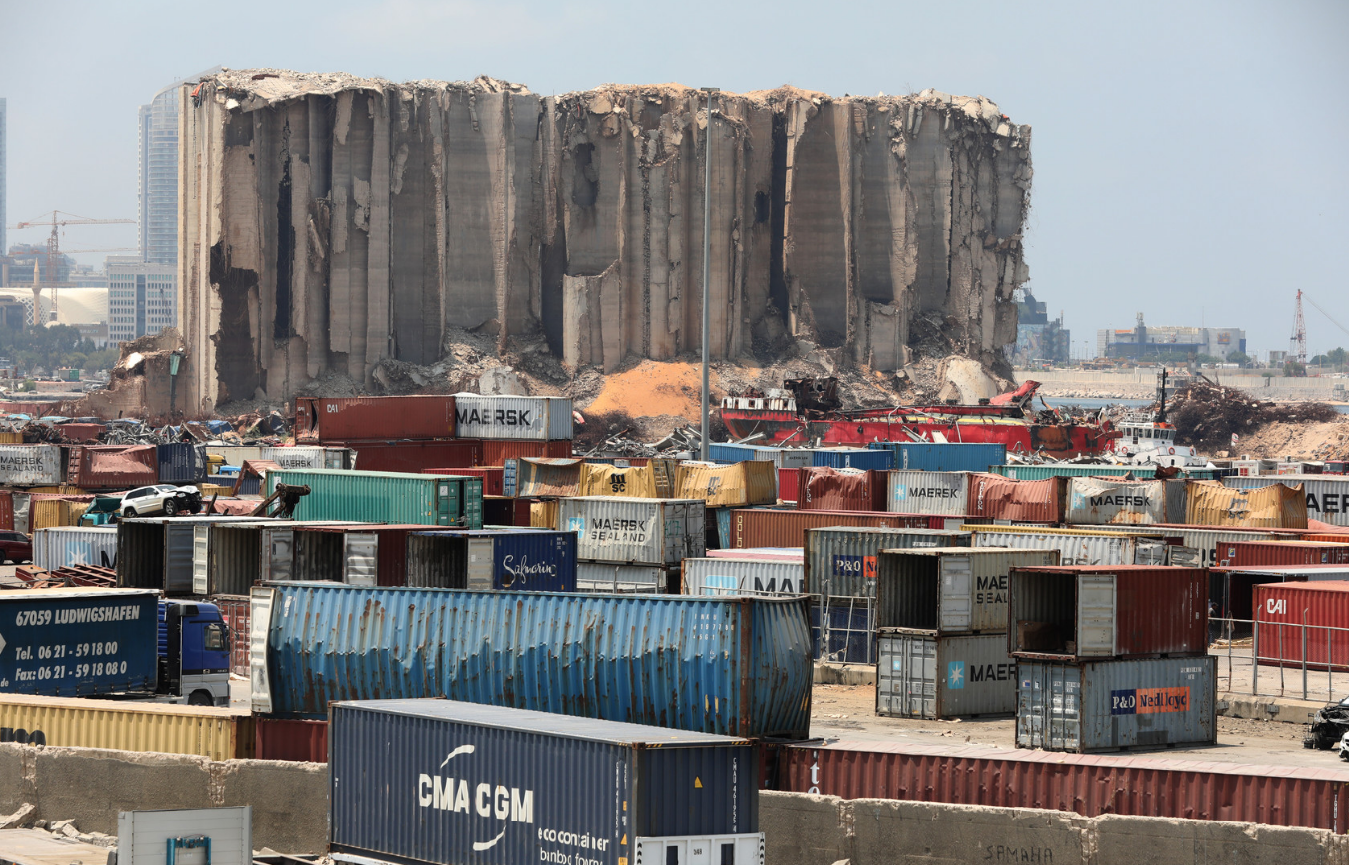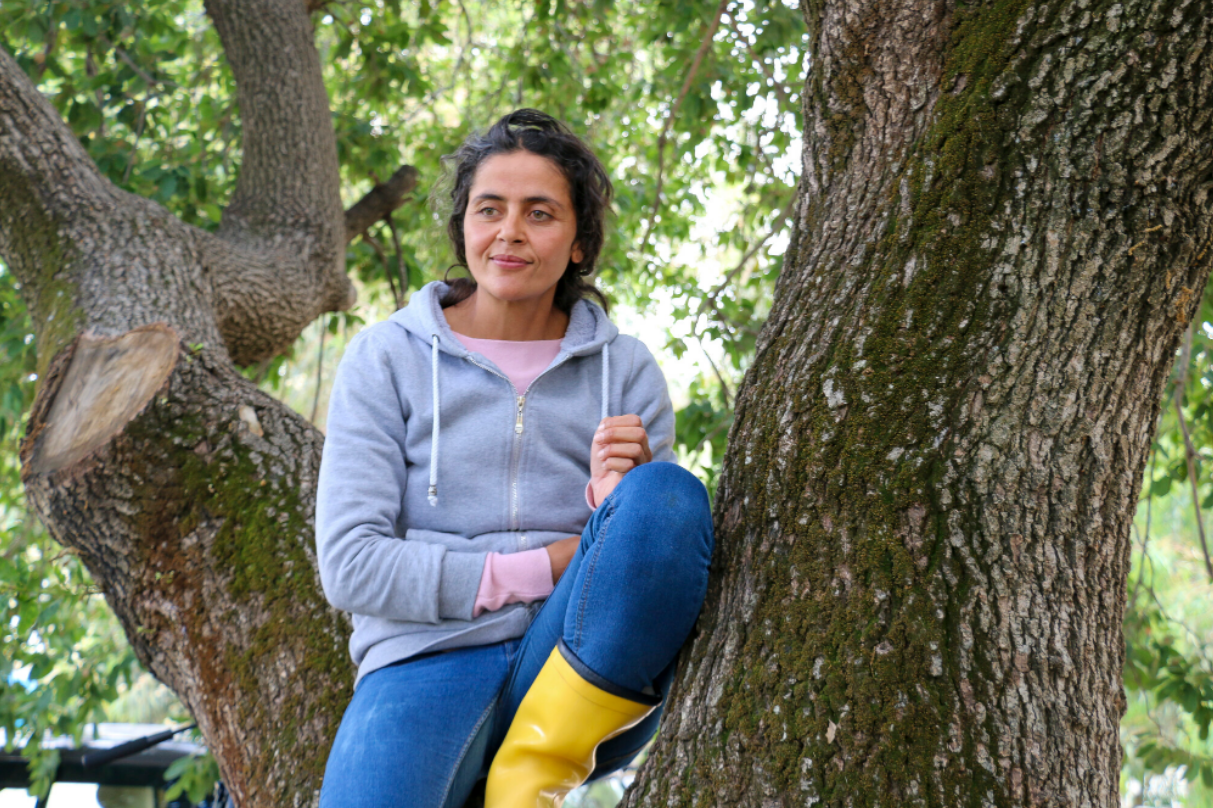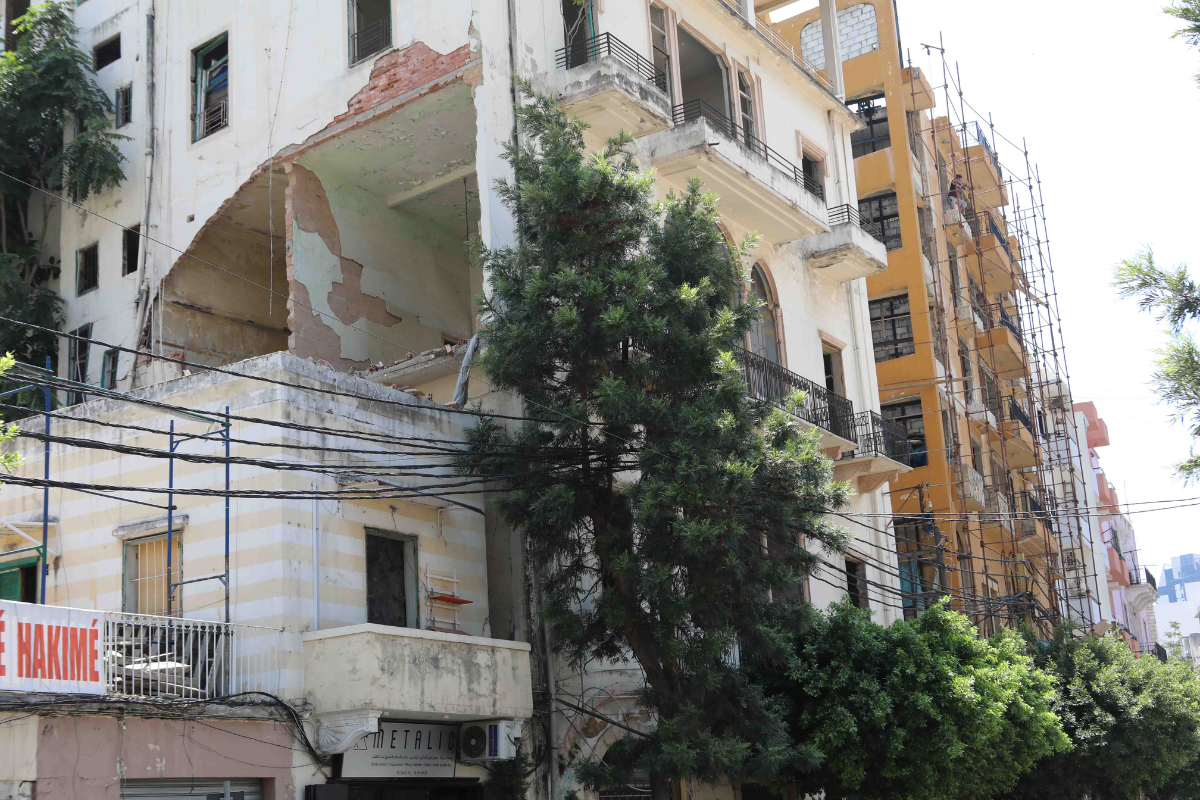History of CARE International’s work in Lebanon
CARE International began working in Lebanon in 2006, initially working through Lebanese partner organizations to meet the needs of people affected by conflict. In 2013, we established a presence in Lebanon to support Syrian refugees and their Lebanese hosts.
What CARE International does in Lebanon
CARE Lebanon meets refugees’ and host communities’ most basic and pressing needs, providing water, sanitation, hygiene, cash assistance, and non-food items in the form of mattresses, blankets, kitchen sets, and more to newly arrived families in the areas of Mount and North Lebanon.
We also work with municipalities to improve water supply and sanitation infrastructure for refugees as well as for their hosts. In the winter, CARE Lebanon helps families to prepare for and cope with the cold weather, distributing cash for heaters and fuel, as well as blankets and floor mats.
In August 2020, two explosions rocked Beirut, Lebanon’s capital city and largest port. Hundreds died and thousands were injured or lost their homes. Today, the destruction of the port is still causing supply chain disruptions. In response, CARE Lebanon distributed food, cash, and hygiene materials and provided psychosocial support to survivors.
